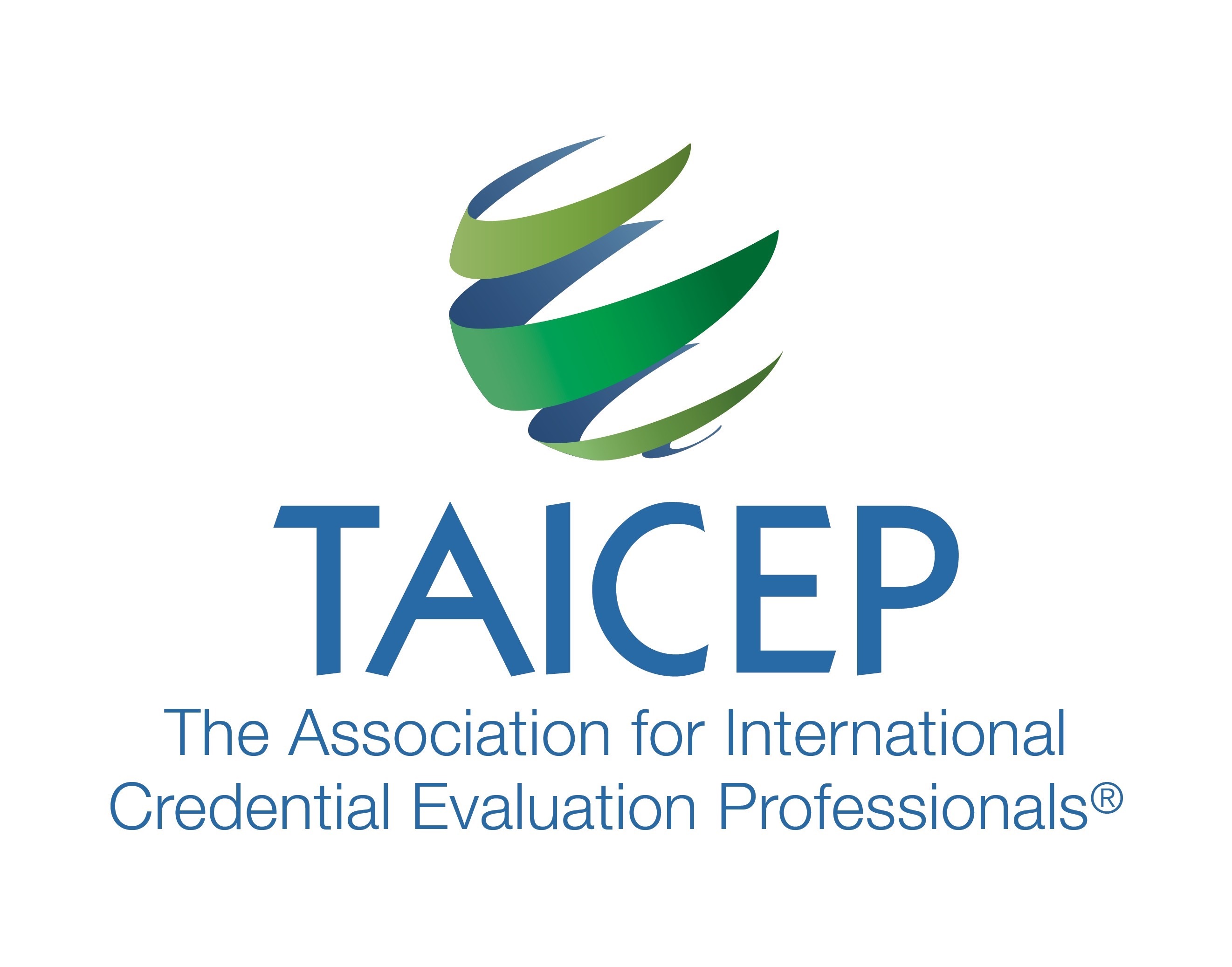
How Will You Benefit From Attending The TAICEP Conference?
- Many workshops, sessions, and plenaries to choose from, all focused on international credential evaluation
- Pre-Conference Workshop: Vocational Qualifications: An In-Depth Exploration This workshop will explore both the concept and assessment of vocational qualifications, with examples and document samples from Eastern Asia (including the Philippines, Vietnam, Hong Kong, China), the United Kingdom (including England, Northern Ireland, and Wales), and Western Europe.
- Pre-Conference Workshop: Read a Document, Write a Report: Transcripteasers and Accreditricks for New Credential Analysts This workshop is designed to provide participants with basic knowledge of foreign credentials and an opportunity to enhance their skills through practical, hands-on activities focused on reading academic documents and finding accreditation.
- Pre-Conference Workshop: A Survey of Religious Education This workshop will discuss madrasah, pontifical, and yeshiva education in depth, while also touching on credentials provided by Seventh-Day Adventists and the Latter-day Saints.
- Meet presenters and attendees from around the globe – the TAICEP Annual Conference is the largest networking opportunity in the industry
- Opening Plenary – Fairness and Equity: make them your purpose! Keynote speaker: André Gariépy is the Commissioner for Admission to Professions in Québec (Canada)
- Learn about different educational systems around the world
- Hear from experts on specialized topics such as transnational education, accreditation, blockchain recognition and more
- Receive exclusive access to the latest research, news, and resources presented in the field
- Discover credential evaluation services, products, and organizations to help you improve your organization’s effectiveness
- Earn credit towards a TAICEP Certificate program
For all conference information, visit: https://taicep2024.dryfta.com/

Essential Québécois Phrases
Submitted by Olivea Dodson
- Greetings:
- Bonjour (Good morning/Good day) – Pronounced: bone zhoor
- Bonsoir (Good evening) – Pronounced: bone swar
- Au revoir (Goodbye) – Pronounced: oh ruh-vwahr
- Polite Expressions:
- S’il vous plaît (Please) – Pronounced: see voo play
- Merci (Thank you) – Pronounced: mehr-see
- Excusez-moi (Excuse me) – Pronounced: ex-kew-zay mwa
- Common Questions:
- Parlez-vous anglais? (Do you speak English?) – Useful when approaching locals.
Cultural Etiquette
- Language: While French is the primary language, many locals speak English, especially in tourist areas. However, making an effort to use basic French phrases is appreciated and can enhance interactions
- Tipping: Similar to the U.S., tipping is expected at restaurants, typically between 15-20% of the total bill
- Transportation: Quebec City has hilly terrain; be prepared for walking and consider using public transport or funiculars to navigate steep areas
- Weather Considerations: The weather can be unpredictable, especially in winter. Dress in layers and be prepared for sudden changesNavigational Terms
Familiarizing yourself with some basic terms can help you navigate the city:
- Rue (Street) as in “rue St. Jean”
- Pont (Bridge) as in “Pont Pierre Laporte”
- Musée (Museum) as in “Musée de la Civilisation”
Full Edition:
